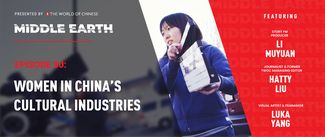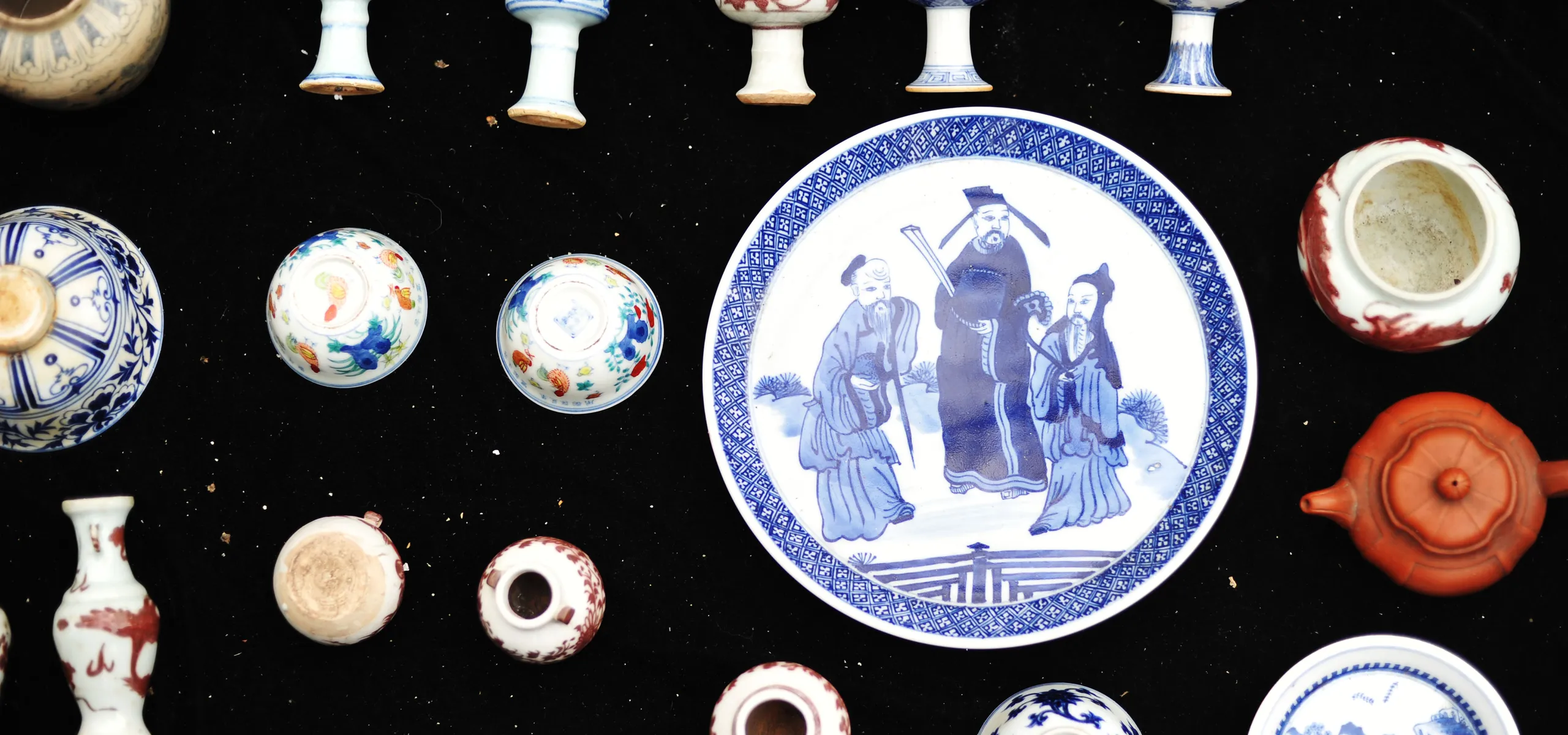Ancient Chinese consumers had to watch out for all manner of frauds and fake goods
Rotten pickled vegetables found in instant noodles, men posing as female live-streamers to scam money, “sweet potato starch” made of cheap cassava, exploding electric bicycles...
Another year, another long list of scandals. Many more will be exposed during the annual “3.15 Gala,” a two-hour television show hosted by state-run China Central Television every March 15, World Consumer Rights Day. The show has become an annual social event (almost like the Spring Festival Gala) for viewers and netizens who revel in predicting which companies will be named and shamed, and then lambasting them for their shady practices.
Yet for all the attention this contemporary campaign garners, China’s history of fighting against (as well as producing) fake goods dates back thousands of years.
As early as in the Western Zhou dynasty (1046 – 771 BCE), the government had already begun to oversee the quality of goods. According to The Book of Rites (《礼记》), a Zhou dynasty text that set guidelines for appropriate behavior, “unripe grains and fruits,” ”trees that are not fully grown,” as well as "beasts, fish, and turtles that are not fully grown or properly cleaned” were not allowed to be sold.
In the Warring States period (475 – 221 BCE), the earliest law on fake goods appeared. Canon of Laws (《法经》), China’s earliest systematically written code of laws, regulated that anyone who sold fake medicine would be flogged, and if any death or injury was caused by the counterfeit products, the seller would be exiled.














